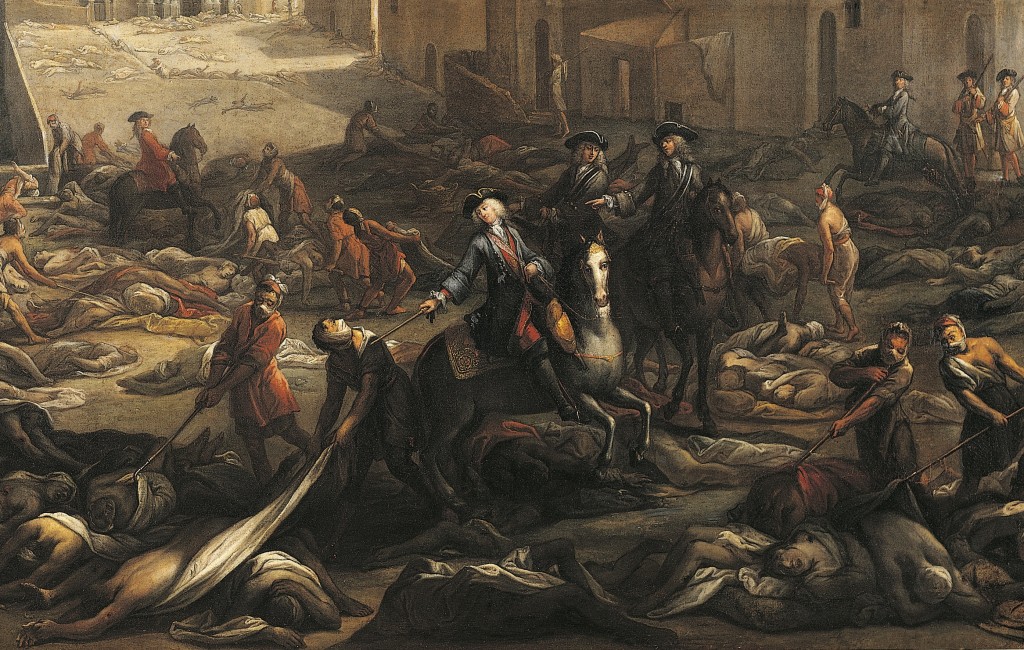Throughout history, humanity has faced a persistent and deadly enemy: pandemics. These large-scale outbreaks of infectious diseases have ravaged societies, reshaped economies, and left indelible marks on the human story. By revisiting past pandemics, we gain valuable insights into how societies have responded and the lessons, often forgotten, that resonate with our current struggles.
The Black Death: A Grim Reminder of Vulnerability
The 14th century Black Death, caused by the bubonic plague, stands as a stark reminder of humanity’s vulnerability. This pandemic, originating in Asia, swept across Europe, claiming an estimated 30-50% of the population. The lack of scientific understanding and effective treatments led to widespread fear and social breakdown. However, the Black Death also spurred advancements in hygiene practices and public health measures, paving the way for future responses to infectious diseases.

The 1918 Spanish Flu: A Global Tragedy and the Power of Public Health
The 1918 Spanish Flu, an influenza pandemic, infected an estimated one-third of the global population and claimed over 50 million lives. This pandemic highlighted the importance of international cooperation and the effectiveness of public health interventions like quarantine and social distancing. It also underscored the need for rapid scientific research and vaccine development, lessons that proved crucial in our fight against COVID-19.
Lessons Learned, Lessons Forgotten: Parallels to the Present
As we grapple with the ongoing COVID-19 pandemic, echoes of past outbreaks resonate. The initial confusion, fear, and misinformation surrounding the virus mirrored historical responses. We see the importance of clear and consistent communication from authorities, just as during the 1918 Spanish Flu. Additionally, the global economic and social disruptions caused by COVID-19 mirror the long-term consequences of past pandemics, reminding us of the interconnectedness of our world.
Beyond Mortality: The Social and Economic Impact
While the loss of life is the most immediate tragedy of pandemics, their impact extends far beyond mortality rates. Past outbreaks have triggered social unrest, economic hardship, and the stigmatization of specific groups. The Black Death, for example, led to labor shortages and economic turmoil across Europe. Similarly, the COVID-19 pandemic has disproportionately affected marginalized communities, exposing existing social inequalities.
A Call for Preparedness and Collaboration
As we navigate the present pandemic and prepare for future ones, the lessons from history are clear. We must prioritize global cooperation, invest in robust public health infrastructure, and prioritize scientific research. By remembering the devastating consequences of past pandemics, we can build a more resilient future, one where we are better equipped to face the inevitable challenges of infectious diseases.